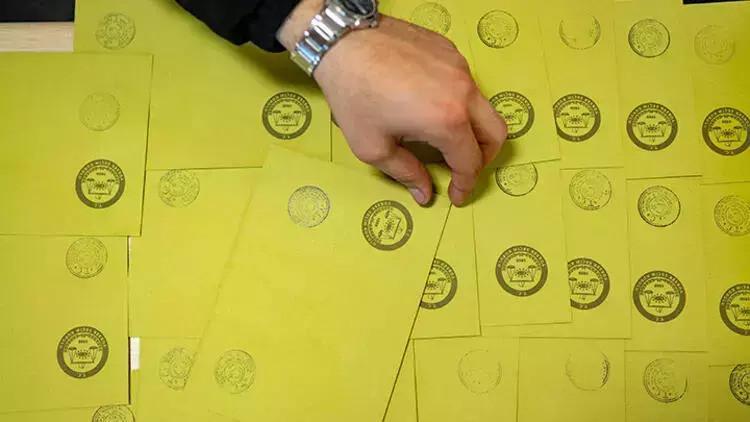
The local election calendar for March 2024 will kick off on Jan. 1, the chair of the Supreme Election Council (YSK) has announced, with a pledge to provide essential facilities for voters in earthquake-affected regions.
"As YSK, we will obtain the voter lists from the population and citizenship list as of Oct. 1. In accordance with the law, we will share with the public the procedures to be followed when the lists are announced, coinciding with the election calendar's commencement on Jan. 1," Ahmet Yener told daily Hürriyet on Sept. 23.
One significant aspect of YSK's agenda is to offer various facilities to voters in the earthquake-affected regions, he said. "We will work on a roadmap based on decisions made by the board to streamline address transfers," Yener elaborated.
To assess the situation in the earthquake-affected areas, YSK officials will conduct visits, commencing no later than December. Yener emphasized that any deficiencies identified by the board members will be rectified following the official start of the election calendar.
Regarding allegations of fraudulent voting on behalf of individuals who lost their lives in the earthquake, Yener refuted these claims. "It is not possible to have duplicate voters since we share voter lists with political parties... We know that these [allegations] are unfounded. No concrete complaints have been received," Yener stated.
Following the May elections, efforts were undertaken by YSK in all district and provincial election boards to assess the stock status and compile lists of materials required for the upcoming election, he informed.
These materials include computers, printers, scanners, photocopy paper, pens, seals and voting caravans. Yener acknowledged the need for refurbishing some worn-out voting booths and explained that the process will require time, leading to their readiness by January.
Meanwhile, Yener expressed the possibility of implementing electronic voting in Türkiye in the future. However, he noted that the timeline for such a transition is uncertain, suggesting it could take anywhere from five to 10 years.
The YSK head clarified that the legal framework for electronic elections currently exists only for overseas polls and would require parliamentary action for domestic implementation.
Yener proposed that a pilot program might be initiated, potentially starting with chamber elections or party congresses, followed by wider adoption in subsequent elections. He also emphasized the YSK's intention to collaborate with universities, relevant chambers and IT experts to establish a roadmap for this potential transition.